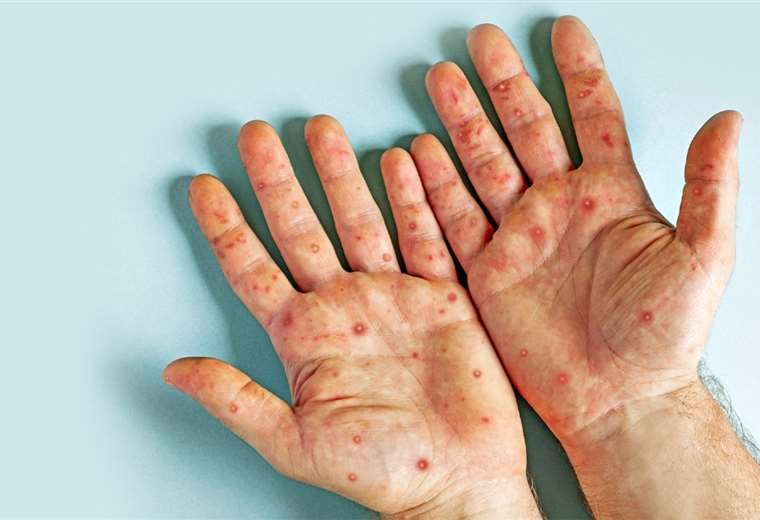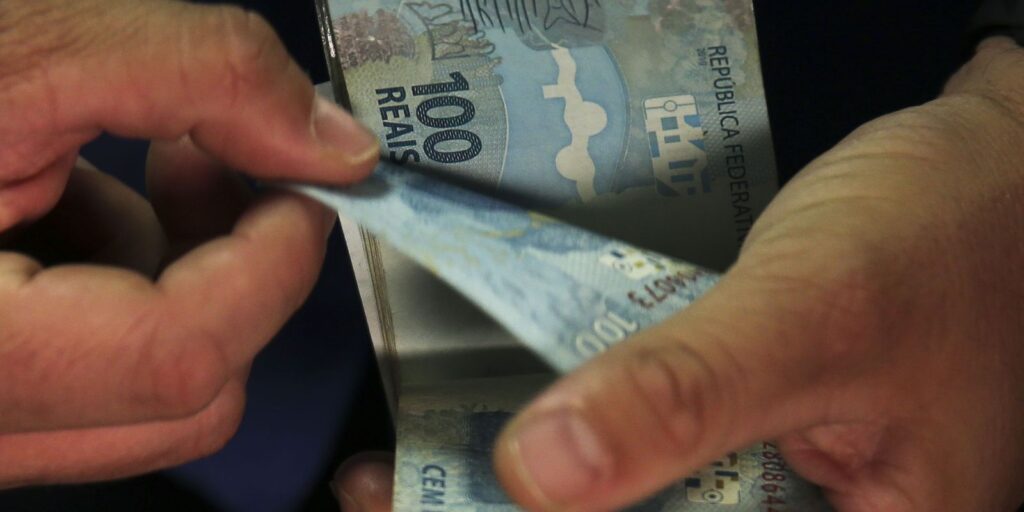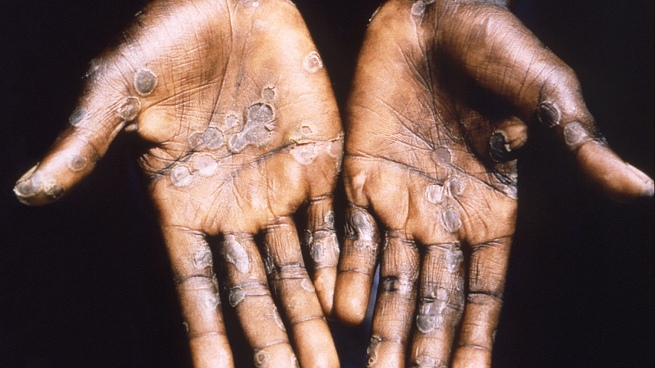August 4, 2022, 5:00 PM
August 4, 2022, 5:00 PM
The WHO declared monkeypox a global health emergency. Is it a sexually transmitted disease? Who is most at risk? This is what is known so far.
More than half a million people took part in Berlin on Saturday in the first Christopher Street Day celebration since the start of the covid-19 pandemic. Many received the news that The World Health Organization (WHO) has classified monkeypox as an emergency. global public health.
Warnings about this evil were not absent. Some people signed petitions demanding the German government produce more vaccines against this virus, some flyers were distributed with explanations on how to recognize the symptoms and there were alerts on the event’s website.
But the monkeypox outbreak was not thematized in the speeches. Public health officials and spokespersons for LGBTQ organizations in the US and Europe have had trouble figuring out how to communicate the risks of the virus men who have sex with men, without stigmatizing them.
In many cases, this has led to messages implying that the virus could affect the entire population and everyone would be at similar risk of contracting it. But while anyone can get it, research published Thursday in the New England Journal of Medicine reveals that 98% of cases have been detected in men who have sex with men.
However, experts still don’t know exactly how monkeypox is spread.
The study cited, which analyzed 520 cases in 16 countries, between April and June 2022, indicates that in 95% of them the virus was transmitted by “sexual activity”. But the authors made it clear that “there is no clear evidence of transmission through semen or vaginal fluids” and it has only been shown to occur through large respiratory droplets or close or direct contact with skin lesions.
condoms are not enough
What is known for sure is that the virus is spread by very close contact between two peopleincluding kisses.
“Monkeypox is almost certainly sexually transmitted,” said Paul Hunter, professor of health protection at Norwich Medical School. “But my concern about labeling it a sexually transmitted disease is that for most of them, using a condom or avoiding penetration or direct oral-anal/oral-genital contact is a good way to prevent. However, in the case of monkeypox, even just hugging each other naked is a huge risk.”
Luka Cicin-Sain, an immunologist at the Helmholtz Center for Infection Research in Germany, agreed that classify monkeypox as a sexually transmitted disease and focus on the use of condoms as a way to contain it it can be counterproductive.
Is it possible to stop the spread?
Some scientists believe that containment is still possible through rapid vaccination campaigns.
Since transmission is largely concentrated in a community, a robust vaccination program could still achieve herd immunity, Hunter explained.
But other experts there is concern that stigmatization of the virus will deter vulnerable groups from getting vaccinated.
“At this point, it will be difficult to prevent monkeypox from becoming an endemic disease among high-risk groups,” said Gerard Krause, head of the department of epidemiology at the Helmholtz Center for Infection Research. “I fear that the level of stigmatization is already, or remains, too high. This will affect access and uptake of vaccines, as well as early diagnosis reporting and contact tracing.”


















